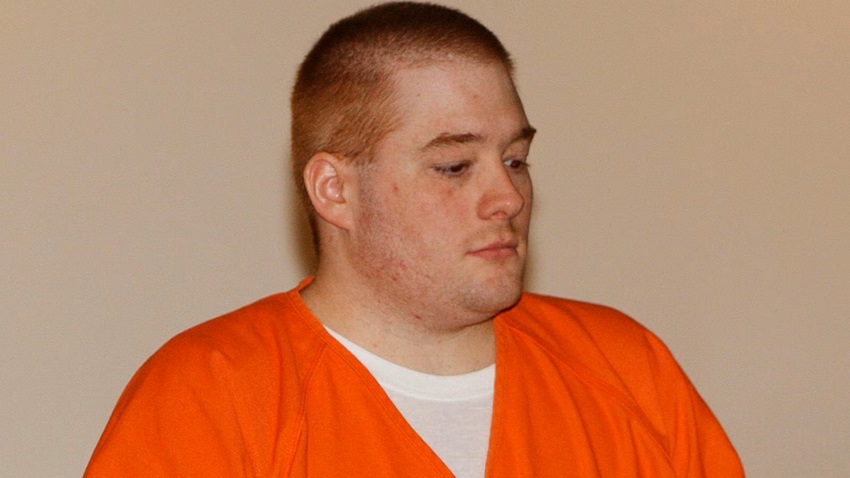Oklahoma City, OK – Oklahoma executed Kevin Ray Underwood this morning, marking the state’s final execution of the year after a lengthy and contentious clemency process. Underwood, who was convicted nearly 20 years ago for the brutal murder of 10-year-old Jamie Rose Sanders, was pronounced dead at 10:14 a.m. following his lethal injection. Underwood, 36, was sentenced to death for the 2006 killing of Sanders in what prosecutors described as a “cannibalistic fantasy.”
The victim’s body was found in a storage container after she had been strangled and mutilated, and prosecutors revealed that Underwood had planned to eat parts of her body. The crime shocked the community and drew widespread media attention for its horrific nature. In the years leading up to his execution, Underwood’s legal team repeatedly argued that he suffered from severe mental illness, including a history of schizophrenia and other psychiatric disorders. His lawyers filed multiple appeals in an effort to delay the execution, insisting that Underwood deserved a clemency hearing before a full five-member parole board.
Despite these efforts, the Oklahoma Pardon and Parole Board declined to grant clemency, and earlier this month, the board unanimously voted to deny a request to reduce his sentence. “Underwood is a depraved individual who carried out a grotesque and senseless murder,” said Oklahoma Attorney General Gentner Drummond in a statement following the execution. “Justice for Jamie finally was served this morning with the execution of the depraved murderer who took her away from her family and loved ones. I pray that Jamie’s family and all who continue to mourn her loss find a sense of peace after today’s action.”
The execution was the culmination of nearly two decades of legal battles, during which Underwood’s defense attorneys contended that his mental state should have exempted him from the death penalty. They argued that his history of mental illness made him incapable of understanding the consequences of his actions, a claim that was ultimately rejected by the courts. Opponents of the death penalty expressed concern about the fairness of the execution, citing both Underwood’s mental health issues and the broader ethical questions surrounding capital punishment. The clemency delay also raised questions about the state’s execution process, with critics arguing that delays and lack of transparency could erode trust in the justice system.
For Jamie Rose Sanders’ family, today’s execution was seen as a measure of closure. In a statement, her family members said, “We are forever changed by the loss of our daughter and sister, but we believe that justice has been served today.” The execution was carried out at the Oklahoma State Penitentiary in McAlester, Oklahoma, the same facility where numerous executions have taken place in recent years. Underwood’s death marks the 25th execution in the state since 2001.
Oklahoma has been at the center of national debates on capital punishment, with a history of botched executions and controversy over its lethal injection protocols. This year, the state has seen a return to executions after a multi-year hiatus, with Underwood’s death concluding Oklahoma’s execution schedule for 2024. As Oklahoma continues to carry out executions, questions surrounding the state’s use of the death penalty, its application, and its ethical implications are likely to persist.
The execution of Kevin Ray Underwood serves as a somber reminder of the state’s ongoing involvement in the highly charged and often divisive debate over capital punishment in the U.S.




